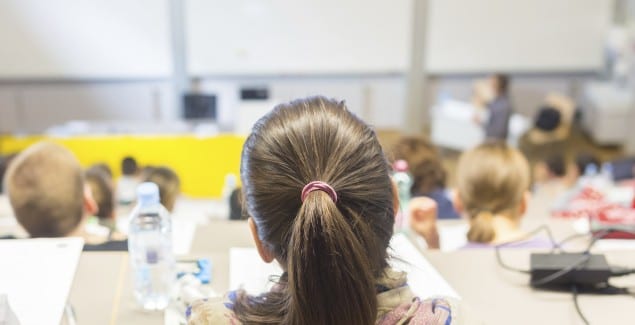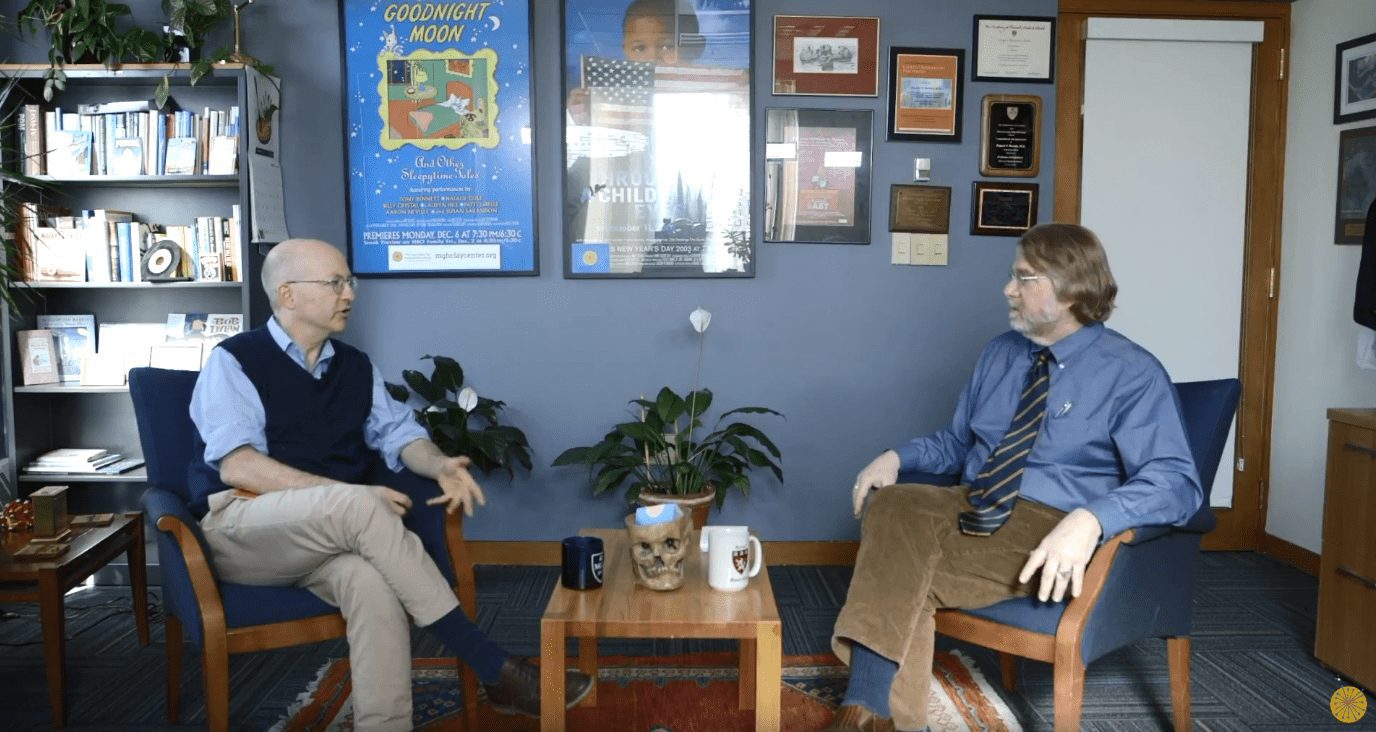When Kids Leave Home: Part 2

Posted in: Hot Topics, Podcast, Teenagers, You & Your Family, Young Adults
Topics: Child + Adolescent Development, Relationships
This is the second blog post in a two-part series on adolescents’ transition to the “real world.”
To view the first blog post, click here.
Intro music written and performed by Dr. Gene Beresin.
Outro music arranged and performed by Dr. Gene Beresin.
I love being a mom. I loved seeing my kids every morning and every evening. I loved knowing they were safe in their beds at night, right across the hall. And I loved knowing that they were eventually going to leave someday—although somehow I didn’t think “someday” would come so soon. The transition was challenging, rewarding, exciting, and sad. I have two children, and each has had a very different transition to college and early adulthood. In fact, in my work with adolescents, I’ve found there is rarely a “right” way to transition.
When I was finishing high school, there were, arguably, three things you could do: go to college, join the military, or get a job—and a “job” usually meant taking over your parents’ business, applying a trade, or working in a factory. If you were going to college, you were expected to finish in four years and then get a job, or go on to some type of graduate school in the hopes of…getting a job.
Things aren’t so simple these days. The path to adulthood seems to take much longer, and is more circuitous. Sometimes it feels as if it is the rare college student who finishes college in four years and gets the job he was hoping for. “Failure to launch” may not be just a passing fad, but a real change in the way we raise our children.
What accounts for this change? No one really knows, but people have speculated that the economy may be an issue. I think it may have something to do with our tendency to micro-manage our children’s lives, while giving them less responsibility for important tasks such as taking care of younger siblings, or working at a paid afterschool or summer job. We don’t give adolescents the opportunity to “mess up” and “clean up” their messes. Instead, policies are implemented in high schools and colleges where one strike means “you’re out.” This can be devastating for students, especially the most vulnerable ones who are struggling with learning, emotional, and attentional issues.
Something needs to change. It may require a paradigm shift in the way high school and college students are taught. We’ve learned a lot about individual differences in areas such as attention, memory, cognition, and learning over the past few decades, but little of this knowledge has translated to higher education.
Peter’s story illustrates a few of the difficulties that can emerge in the transition from high school to college/adulthood. The roots of some of these difficulties start in high school, because of reasons such as:
- High schools in the U.S. are very structured and rule-based. College—and life—is voluntary and filled with choices, not all of them wise. Many high school students aren’t prepared for the freedom, and haven’t acquired the skills to make good choices.
- In high school, students are expected to read assignments, and then discuss them together in class. In college, students are assigned substantial amounts of reading and writing, much of which will not be discussed in class. This type of learning assumes a curiosity in the learner, something that is not necessarily cultivated in today’s youth.
- Similarly, high school teachers often take time to remind students of assignments and due dates. Professors, meanwhile, often expect students to remember assignments’ instructions and due dates on first mention. Many students can’t handle this type of self-motivation.
- Many students come in to college (or on the job market) with the idea that effort is as important as results. They’ve been taught that working hard or giving a “good faith effort” counts. Unfortunately, in college, and especially on the job, results need to be achieved. This can sometimes feel punative or “top down” to young adults, leading to low motivation and confusion.
- High-achieving high school students aren’t immune from these issues, as many are shocked to realize that their college classmates have the same academic ability they have—and which they thought was rare. They often arrive at college burned out from years of working to get there, only to find that the work continues.
Given these issues, what can parents do?
- Let go of your preconceived notion of what your child’s young adulthood will look like. It may likely look very different than yours. It may also look different than you had hoped for your child. This is very hard to do; it means letting go of hopes, dreams, and wishes for life to be perfect, while leaving open the door for growth and things you’ve never even dreamed of. It can be scary for parents and kids alike.
- If your child has a history of learning, emotional, or attention difficulties, help him understand his learning profile. Research has shown that college students with learning disabilities are generally happier, and possess greater self-efficacy than college students without learning disabilities—perhaps because they have a better understanding of who they are.
- Help your child take control of his education or employment. One of the best ways to start is to by taking a part-time or summer job in high school.
- Help your child develop a support system, and teach him how to recognize when he needs help.
- Work with your child to set goals for the semester…for the year…for all that is to come.

 Share
Share Tweet
Tweet







